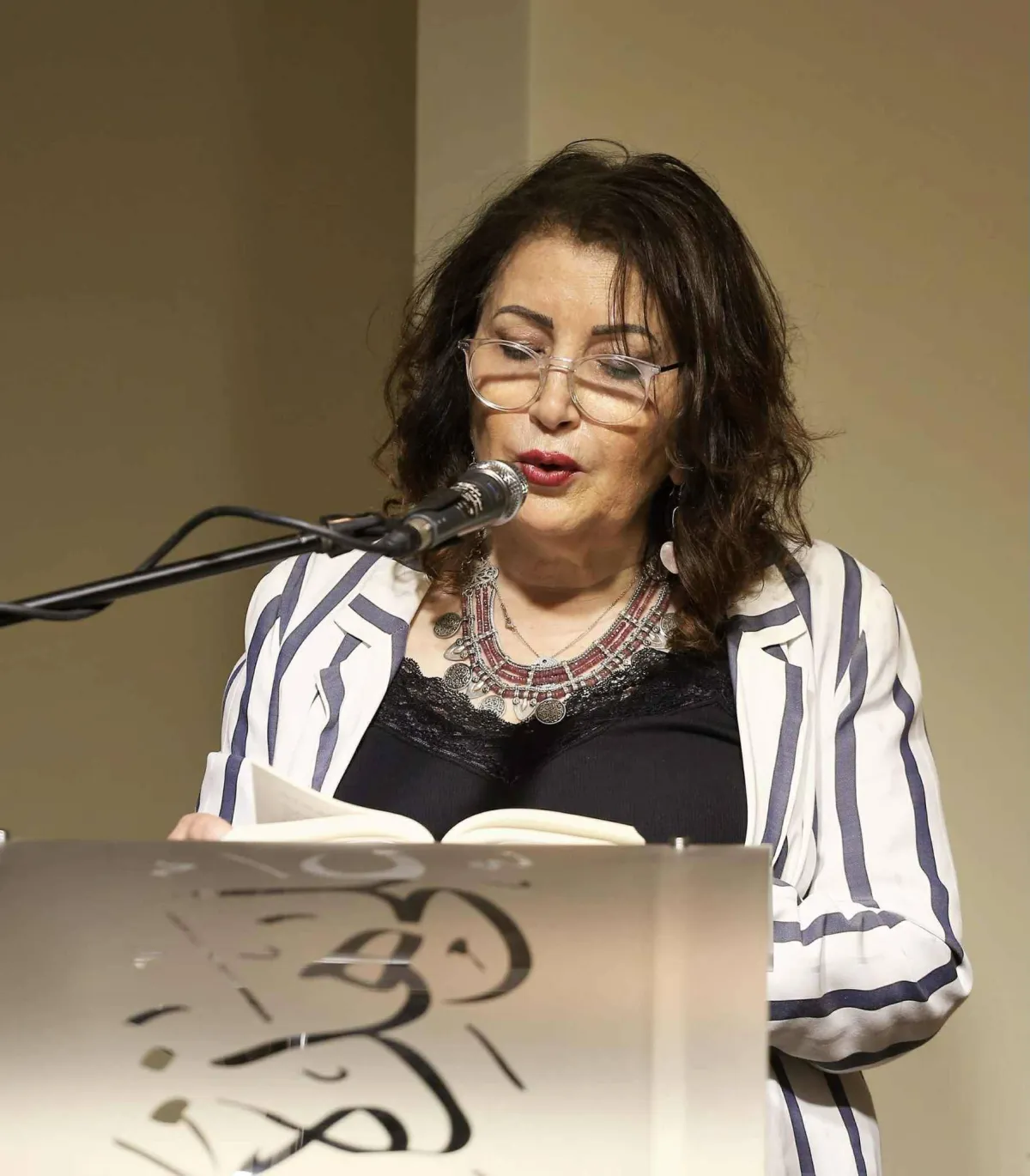Introduction to Leana Badr
The literary production of the Palestinian writer Leana Badr varies between the novel, history, and poetry, as well as its cinematic performance. Her best-known works include "The White Tent", "Jericho Stars", "Sharafa Ali Al-Fakhani", and "Word of the Fay". Leana Badr has finally won the "Palestine Prize for Literature" for her outstanding contributions to Palestinian literature.
The Novel "Word of the Fay"
In the novel "Word of the Fay", Leana Badr plays an overlap between the present and memory, and multiplicity in the narrative voices. She wanted to express the Palestinian life outside and within Palestine, and to show the many victims and horrors of the Palestinian camps outside the country. The novel covers a wide stage between 1977 and 1982, which was completed with Beirut, and follows many personalities of different nature and stripes.
The Importance of Memory
Leana Badr believes that memory is the crane that protects our presence from the lack of hope. If we maintain our memory, we help our presence, love, tenderness, and expectations, so that we do not fall away from the disappointment and forgetting prey. At a collective level, not writing our Palestinian history is a loss, and Leana Badr works to follow the general history in the personal history of the people she knows.
Historical Documentation and Self-Reflection
Leana Badr’s work represents a mixture of historical documentation and self-seeing. She believes that this combination of personal and public history makes writing in the Palestinian case. The Palestinian person cannot escape the violent colonial history, which consists of their political presence of asylum and poverty. Leana Badr wants to show the beauty of human life that people live in their solidarity and their connection to freedom and longing for belonging.
Writing and Exile Experience
Writing helps Leana Badr to restore war and exile experience. She was born in the city of Jerusalem and lived in Jericho, Amman, Beirut, Damascus, and Tunisia. Leana Badr lived the battles of the Lebanese civil war with all its horror and tragedies and completed her university exams on the effects of the horror. Through her writing, she has the result of terror and fear that she bought in letters, words, and stories for many years, and about the people she knew in these disasters.
Literary Project and Vision
Leana Badr’s literary project is to write the Palestinian history with the eyes of women. She wants to show the many victims and horrors of the Palestinian camps outside the country and to monitor a phase full of women’s victims and the rise of their skills and skills in order to contribute to the Palestinian life in all of its manifestations. Leana Badr believes that writing is a living archive for the experience of home and exile, and she needs another year to tell what happened in Palestine, to which she returned in 1994.
The Novel "The White Tent"
In her novel "The White Tent", Leana Badr uses the details of everyday life, from songs to the scene of the barriers. She sees the regular details and diaries in her literary project as essential elements. Leana Badr worked literally to complete this stage, since she has been working on the Palestinian presence in Lebanon in the novel "Eye of the Mirror" since 1948 and the war, which was led by the extreme right in Lebanon.
Poetry and Cinema
Leana Badr is not only a writer but also a poet and filmmaker. Her first writing was poetry because it is traditional in Palestinian culture. Leana Badr dedicated her novel author and strict work so that the scales do not mix, and there is a positive separation between them. She grew up to visit films with the children of the family and thought in her childhood that she would work as a cinematic hero like many other works.
The Palestine Prize for Literature
Leana Badr won the Palestine Prize for Literature, which is a pure incentive that points out that she is on the right track and that she has to continue everything she costs and victims. The prices are a stability of the new books that are waiting for her, and she has to write what comes to mind as it comes to her, so that ideas do not fly and stop.
Current Work and Aspirations
Leana Badr is still looking for a room for a break that ends in this unjust war against the Palestinian people in Gaza, in which tens of thousands of families, women, and children were killed. She is working on a novel that has appeared difficult and complex so far, but she works with love and love, and she prays to complete it without a hurry or neglect. Leana Badr strives for peace in which this crazy murder stops, and she hopes that her writing will make a difference in the lives of the Palestinian people.

